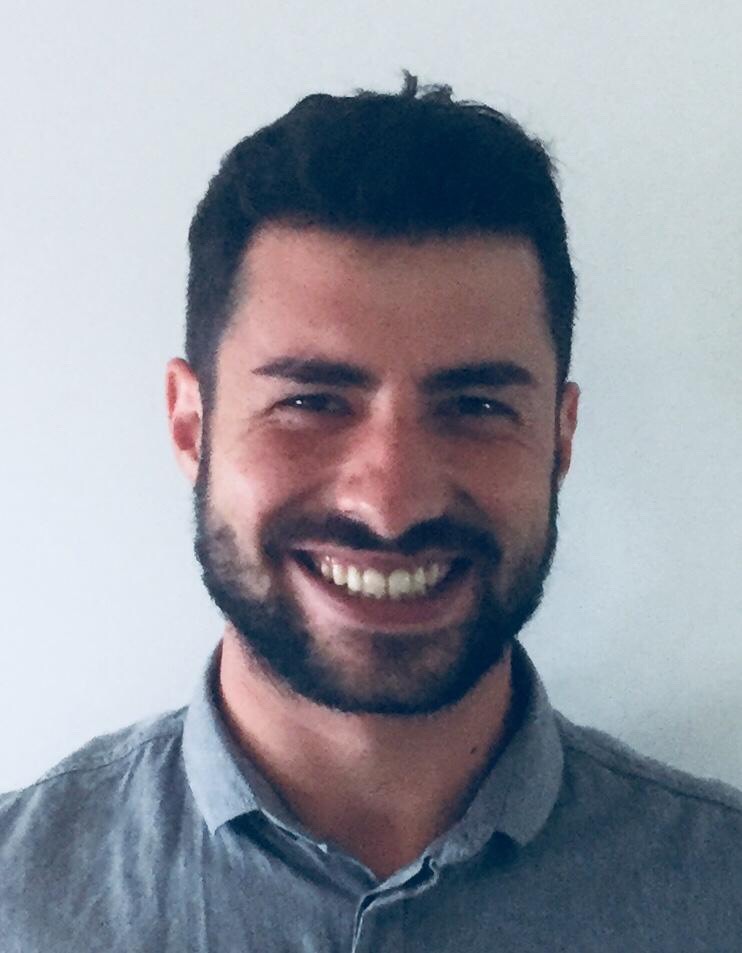Luca Pagano is a Senior Research Engineer at the MADE Project.
He tells Business News Wales how additive manufacturing can
bring about important design efficiencies.
The rise of innovation centres of excellence has been one of the most important emerging stories in modern manufacturing in the UK, with big names in industry forging ever closer bonds with academia at central geographical hubs, in order to create a fertile, two-way street of creative thinking, ideation and technological advancement.
It is a model that has found its feet in the UK in recent years, with new sites blossoming in Strathclyde, Boscombe Down, Derby, Blaenau Gwent, Samlesbury and other manufacturing hotbeds, that is propelling UK manufacturing to the forefront of technological advancement.
While big-hitters in industry such as Rolls Royce, BAE Systems, Boeing and Bombardier are fully paid-up members of this brave new world and the insights, opportunities and advancements it brings, it is important that smaller manufacturers aren’t left behind. The technological evolutions that are emerging from these centres of excellence are available to every corner of industry – with many bottom line benefits to be had.
Long before the industrial revolution was upon us, manufacturers have faced a familiar trinity of pressures – to increase productivity, to improve the quality of their product and to reduce their costs. This timeless trio of demands probably weighed as heavily upon the 18th Century wheelwright or shoemaker as it does today upon the manufacturer of the i-Phone.
However, we are operating in an era when big evolutionary shifts are being made by manufacturers, with the aid of game-changing technologies. For example, additive manufacturing allows engineers to manufacture components with extraordinary stiffness to weight ratios, and with geometries not achievable in any way with conventional manufacturing processes such as milling, turning and casting.
This means increased efficiency, delivered via components that are lighter, stronger and bespoke. Consider this example, albeit a simplistic, hypothetical one:
- We could apply additive manufacturing methods to the manufacture of an aircraft component, to bring about a reduction of one percent of the mass of a passenger aircraft. This component could be anything from the seatbelt buckle, the seat itself or elements of the airframe. A one percent reduction in mass would relate to one percent of fuel saved.
- Let’s assume the average plane journey, from the UK to Spain, uses around 6,000kg of fuel for each trip, that one percent would relate to a 60kg fuel saving.
- If we consider that such an aircraft is usually expected to complete around 50,000 trips before retirement, this one percent amounts to 3,000 tonnes of fuel saved during the lifespan of the aircraft.
- In a year there are 35 million flights worldwide. So, using our one percent fuel saving measure, the global amount of fuel saved, on 60kg per flight, would amount to 210,0000 tonnes of fuel.
- This could amount to more than £1billion saved per year.
Of course, these simple principles, of reducing weight to cut fuel consumption can be applied to any mode of transport, including automotive fleets. Efficiency is driving multinationals, who face added pressures from regulating authorities with an eye upon emissions.
At MADE we are supporting manufacturers to look at their own production methods and processes, to see where they can benefit from the advanced technologies and techniques, such as additive manufacturing, to the benefit of their company and workforce.
Successful manufacturing strategy for SMEs is very closely tied up to investing in the development of higher competencies in order to reach competitive advantages. This need to evolve is ever-present; In a technologically dynamic environment SMEs have to update and refine their technology and their products in order to maintain their competitiveness. In a more hostile marketplace SMEs must adhere to precisely the same principles, of constant refinement and advancement, in order to remain competitive, when their customers have a wide choice of suppliers.
The most common stumbling block to adopting advanced technologies is, of course, an unwillingness to invest. But there is a more subtle, common obstacle too – the belief that ‘we have always done things this way and we will always do things this way.’
Both are risky complacencies. Industry studies show that strong links between manufacturers and suppliers of advanced technology is the key external element which has a determining impact on the fate of the technology adoption. This is why we have been pleased to be so well placed to support manufacturers in Wales who are making crucial adjustments to their operations. The MADE team’s Advanced Design Engineering cohort is in a position to work with eligible Welsh manufacturers to carry out a bespoke needs analysis, to create a pilot research project to trial new technologies for their viability, and to assist manufacturers to adopt meaningful operational change.
The Advanced Design Engineering (ADE) aspect of MADE is available to qualifying businesses at no cost to them, and this project is supported by the Welsh Government and the European Regional Development Fund. For more information, go to: https://made.wales/



More About Luca Pagano
Luca Pagano is a Senior Research Engineer at the MADE Project – a suite of European funded projects, delivered by University of Wales Trinity Saint David (UWTSD) through its research Centre for Advanced Batch Manufacture (CBM).
Luca is an experienced engineer with a demonstrated history of working in the higher education, manufacturing and motorsport industry.
Skilled in Engineering Project Management/Planning, Vehicle Dynamics, Engine Performance, Computer-Aided Design (CAD), Automotive Engineering, Finite Element Analysis (ABAQUS CAE, Hi/Low Velocity Impacts), Advanced Manufacturing Processes, Advanced Composite Materials and Failure Analysis.












